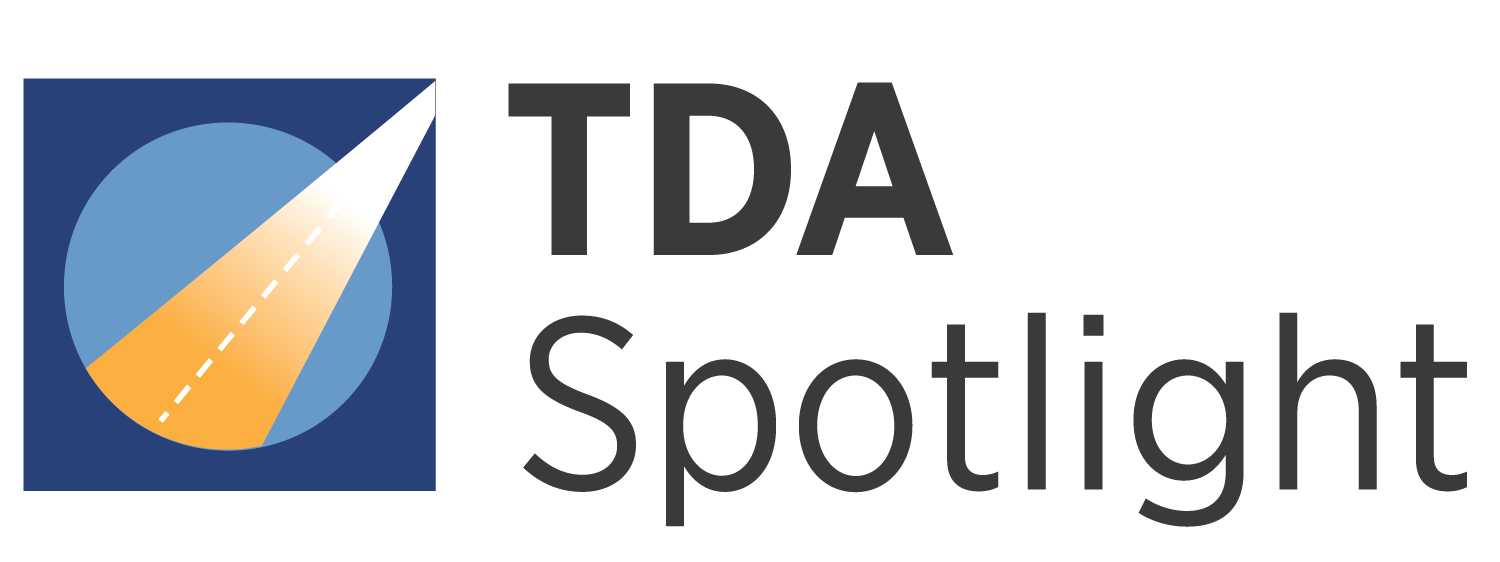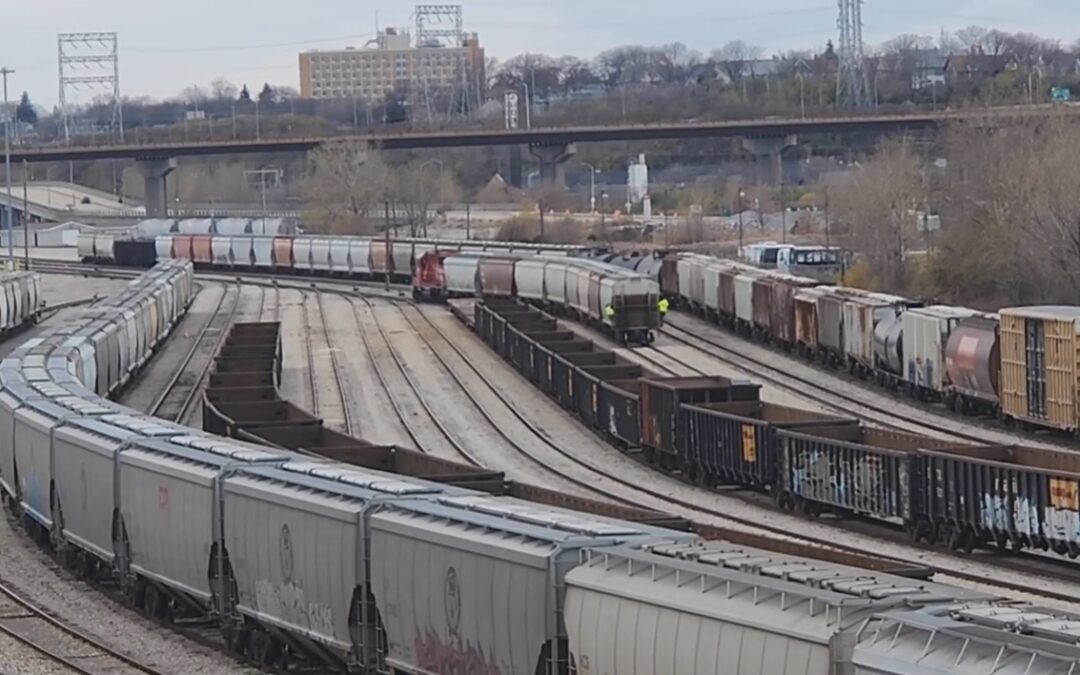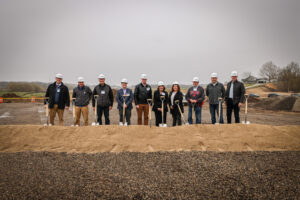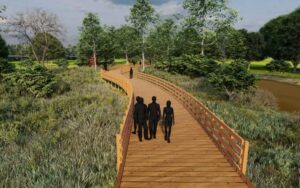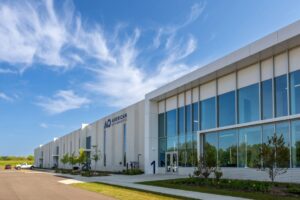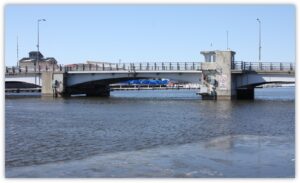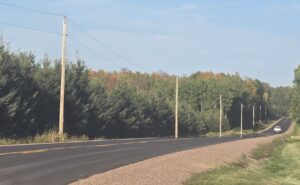The situation?
The current rail infrastructure in and near Muskego Yard is a hurdle to efficient and safe freight movement and passenger rail expansion in Wisconsin. Reconfiguring existing rail and yard facilities will enable freight traffic to bypass the Milwaukee Intermodal Station, where Amtrak trains serve the Empire, Hiawatha, and Borealis passenger routes.
How will a “fix” of this situation benefit the community?
A new double-track mainline through Muskego Yard will separate freight trains from passenger traffic along Milwaukee’s Canadian Pacific Kansas City (CPKC) Railway corridor. The project will result in fewer trains crossing Milwaukee streets to improve safety and reduce delays for cars, bus, bicycle, and pedestrian traffic; reduce congestion between freight and passenger trains operating in the area; decrease costs by improving travel times for freight trains; and accommodate higher loading capacity and speed. It is critical to economic growth in the region and will increase capacity for Amtrak passenger trains and enable expanded passenger rail services.
Specific project work includes signal, track, and structure upgrades, installing centralized traffic control, and rehabilitating the 100-plus-year-old structure across Burnham Canal and the Menomonee Valley River.
What makes the “fix” possible?
The project’s estimated cost is $92.8 million. The largest share — $72.8 million — is from a Federal Railroad Administration Consolidated Rail Infrastructure and Safety Improvements (CRISI) Program grant. The remaining funds come from the Wisconsin Department of Transportation and Amtrak.
The Muskego Rail Yard project was among 122 rail improvement projects across the country selected for funding in the latest round of CRISI program grants announced in October. CRISI funds projects that improve intercity passenger and freight rail safety, efficiency, and reliability.
What’s next?
WisDOT expects the design to be finalized by 2026, with construction to begin later in the year and wrap in 2029.
